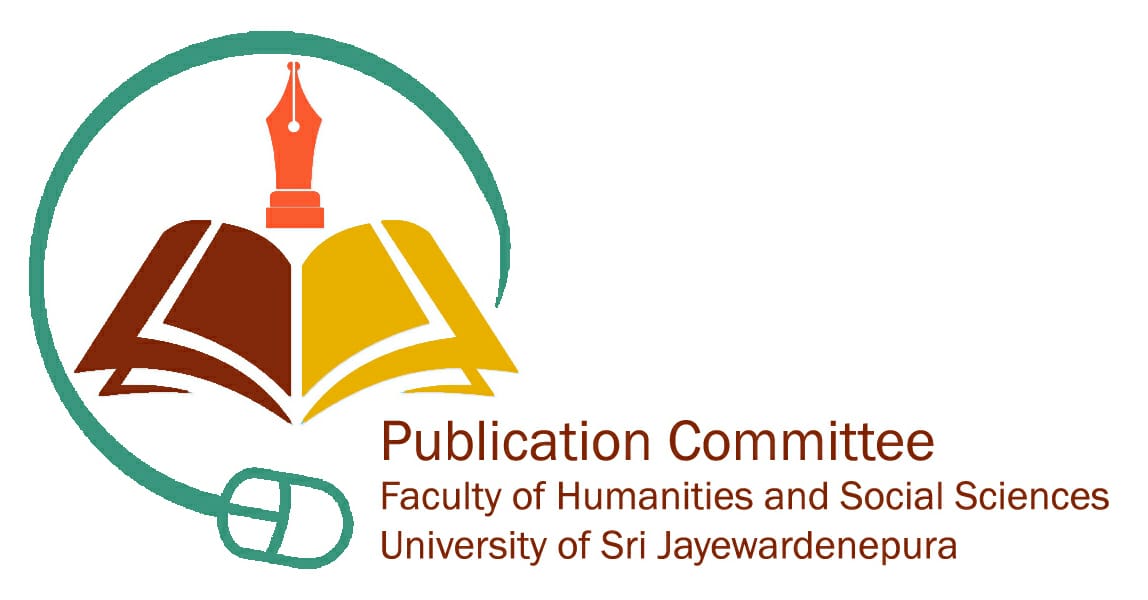- Introduction
A language becomes a “global language” when it achieves the official position and education preference in most number nations in the world, and that language will finally be used by more people than any other language. The essential reason to make a language global or international is the power of its people. Primarily, military power, political power and economic power of the people who use a particular language are the three essential factors to make that language global and to keep its status (Culpepper, 1997). At present, English is the most widely spoken language in the world. The English language is used in business, education, judiciary and many other contexts by millions of native as well as non-native speakers. English is considered to be one of the official languages in almost 60 sovereign states (Devarajan, 2020). According to the World Economic Forum, 2015, 1.5 billion people around the world speak English, and English is the most widely learned second language in the world. Interestingly, the number of English speakers as a second or foreign language is greater than the number of native speakers. As a result, English has undergone a number of changes over time, and new varieties of English have emerged. Therefore, we now have Englishes, a term coined to denote the varieties of English language, and no other language has gained this status. This essay intends to explore the status of English in Sri Lanka and the dominant varieties of the English language found in the world with a particular focus on British English and American English.
- Background
Sri Lanka has been a colony of three different European countries namely Portugal, Dutch and Great Britain. All three had significant influence on the island nation. Of the three colonizers, Great Britain’s influence is the most noticeable, having been the last colonizer to rule the entire country for more than 100 years. During the British colonial period, colonizers introduced their culture, religion, administrative system and more importantly their language, English to Sri Lanka. Since then, English has been playing a dominant role in Sri Lanka.
English language gained a significant place in the Sri Lankan society due to a number of reasons. First and foremost, it became a dominant language in Sri Lanka because of the political power of those who speak it. Due to the power of the English language, some call it a ‘weapon’ (Kandiah, 1984). British rulers used education to maintain and expand their language in their colonies. Phillipson (1992:128) points out that “the successful learning of English was the primary goal in colonial education system.” Colonial masters took steps to make their language special in Sri Lanka. It is not only a privilege to know English today but also a door to the job market and world knowledge, because English, at present, has become a “hypercentral language” (Cook,2011:190) that people need to know in order to function globally. Kachru (1981:4) points out that “…in studies on Africa, Asia, and the Philippines, one notices an interesting love-hate relationship with the English language. …English plays a vital role in one or more functions—as a link language, as an official language, as an international language, as a language of advanced science and technology—and, whether one likes it or not, as the language of “modernization.””
Role of English study in Sri Lankan schools and higher educational curricula further reflects the established status of English in Sri Lanka. At present, most of the tertiary level educational institutes tend to switch on to English medium education. “English, a second language for most of the people of the world has increasingly become the international language for business, commerce, science and technology and international relations and diplomacy. Other professional intercourse such as the proceedings of meetings of health practitioners or educators from many different parts of the world is often conducted in English, a second language for many participants” (Candlin, 1991:1). Thus, it is evident that English has become an absolutely essential language in day to day life of any individual.
Sri Lanka is a multilingual country where there are two official languages namely Sinhala and Tamil, and English functions as a link language. Majority of Sri Lankans use Sinhala as their first language, and some use Tamil as their first language. However, it is only a small group of people use English as their first language. Others acquire English as a second language through school courses in tutored setting. When it comes to English language education in Sri Lanka, educators and English as a Second Language (ESL) teachers tend to encourage the students to use British English which is known as Received Pronunciation (RP), the Queen’s English, Oxford English or the BBC English. Hence, parents who know little about sociolinguistics fall into the trap of ‘elocution’ teachers. It is true that historically RP has been a signal of superior social status. Gone are the days when Britain ruled over a large part of the world, and so the variety of English to be learnt in the colonies could only be British English. At present, American English is clearly establishing itself as an independent variety of English. America is the strongest economy in the world now, and it occupies the topmost place of importance in matters of international trade, international politics, computer technology, genetic engineering and the like. Therefore, the number of users of American English is increasing day by day. It seems that American English will establish itself as the only variety of English for international communication soon. It is in this context that we need to examine the differences between American English and British English in order to gain a better idea of the two varieties and use one variety consistently and accurately.
- British English vs American English
The differences between American English and British English mainly include pronunciation, grammar, vocabulary (lexis) and spelling. The most common examples are cited below in order to gain a comprehensive understanding of the two varieties.
3.1 Pronunciation differences (Phonological)
British English American English
Hot [hɒt] [hɑ:t]
corn [kɔ:n] [kɔ:rn]
coast [kəʊst] [koʊst]
box [bɒks] [bɑ:ks]
hot [hɒt] [hɑ:t]
not [nɒt] [nɑ:t]
3.2 Spelling difference
Spelling differences are the most noticeable differences between American and British English.
| British spelling | American spelling |
|
Centre Fibre Colour Favourite Flavour Humour Labour Neighbour Defence Offence Organise Recognise |
Center Fiber Color Favorite Flavor Humor Labor Neighbor Defense Offense Organize Recognize |
The list is long, and only a few spelling differences between British and American English have been given in the table above.
3.3 Lexical differences
There are lexical differences too between American English and British English i.e. American English and British English use different words to refer to the same thing.
e.g. British English American English
Rubber Eraser
Holiday Vacation
Public school State school
Caretaker Janitor
Lorry Truck
Petrol Gas/ gasoline
Pavement Sidewalk
Nappy Diaper
Zip Zipper
Swimming costume Bathing suit
Chips French fries
Biscuit Cookie
Sweets Candy
Starter Appetizer
At present, more and more people tend to use American English in their day today life as well as academic writings. There seem to have several reasons for this tendency. First, Americans tend to have greater influence on people through popular culture such as film, music, cartoons etc. Second, people mostly prepare computer generated documents, and usually computer software produced in the USA encourage American English. Thirdly, American spelling seems to be logical, less intrigued and easier compared to the British variety.
American English British English
Color, meter, favorite, etc. Colour, metre, favourite, etc.
In conclusion, languages change over time due to various reasons including the power associated with the people who speak that particular language. There is no official standard variety of English to be used. What is advisable is to use one particular variety for clarity, quality and consistency, especially in writing. You may use either British or American English with consistency. When it comes to speaking, it is important to use the language intelligibly i.e. able to be understood by others.
Dr. P.B.S.L. Pushpakumara
Department of English Language Teaching
University of Sri Jayewardenepura
sampath@sjp.ac.lk
References
Candlin, C.N. (1991). An Introduction to Second Language Acquisition Research. USA: Longman.
Cook, V. (2011). Second Language Learning and Language Teaching. Chennai: Chennai Micro Print(pvt)Ltd.
Kachru, B.B. (1981). An Overview of Language Policy and Planning. Annual Review of Applied Linguistics 2(2), 2 – 7. Retrieved from http://journals.cambridge.org/download.php?file=%2FAPL%2FAPL2%2FS0267190500000192a.pdf&code=a3acd0fd56f32f015eecd461067b11c3 [Accessed 2 April 2013]
Kandiah, T. (1984). Kaduva: power and the English Language weapon in Sri Lanka. In Percy Colin-Thome and A. Halpe eds., Honouring E.F.C. Ludowyk: Felicitation Essays. Colombo: Tisara Prakasakayo, 117-154.
Phillipson, R.L.H. (1992). Linguistic Imperialism. Oxford: Oxford University Press.
Wikipedia. Retrieved from https://en.wikipedia.org/wiki/List_of_Sinhala_words_of_Portuguese_origin (accessed 25th March 2022)






